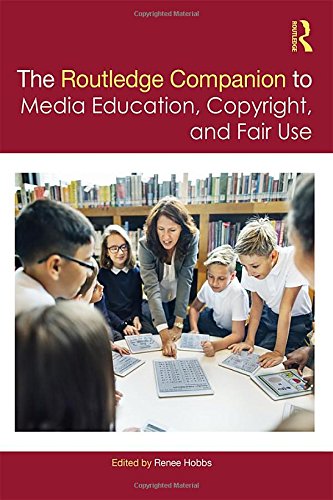

Most ebook files are in PDF format, so you can easily read them using various software such as Foxit Reader or directly on the Google Chrome browser.
Some ebook files are released by publishers in other formats such as .awz, .mobi, .epub, .fb2, etc. You may need to install specific software to read these formats on mobile/PC, such as Calibre.
Please read the tutorial at this link. https://ebooknice.com/page/post?id=faq
We offer FREE conversion to the popular formats you request; however, this may take some time. Therefore, right after payment, please email us, and we will try to provide the service as quickly as possible.
For some exceptional file formats or broken links (if any), please refrain from opening any disputes. Instead, email us first, and we will try to assist within a maximum of 6 hours.
EbookNice Team

Status:
Available5.0
21 reviewsMedia literacy educators rely on the ability to make use of copyrighted materials from mass media, digital media and popular culture for both analysis and production activities. Whether they work in higher education, elementary and secondary schools, or in informal learning settings in libraries, community and non-profit organizations, educators know that the practice of media literacy depends on a robust interpretation of copyright and fair use. With chapters written by leading scholars and practitioners from the fields of media studies, education, writing and rhetoric, law and society, library and information studies, and the digital humanities, this companion provides a scholarly and professional context for understanding the ways in which new conceptualizations of copyright and fair use are shaping the pedagogical practices of media literacy.